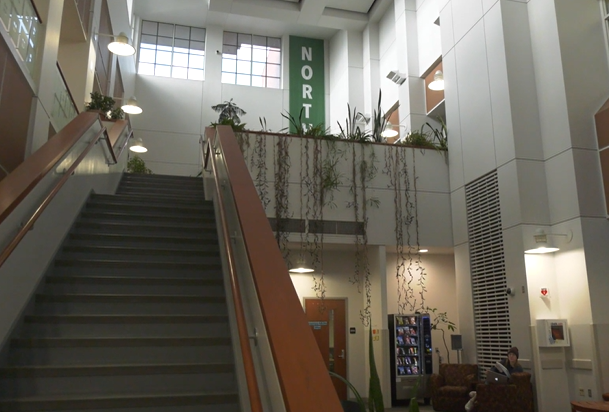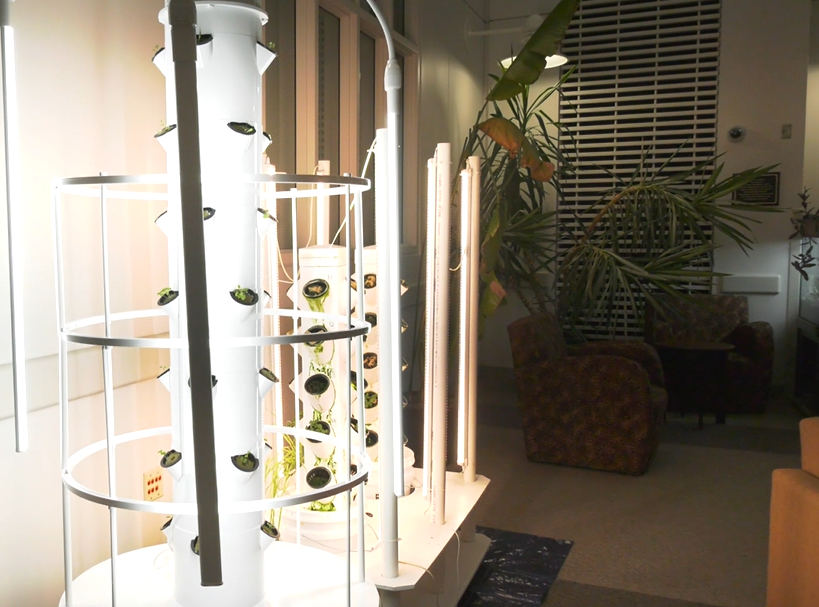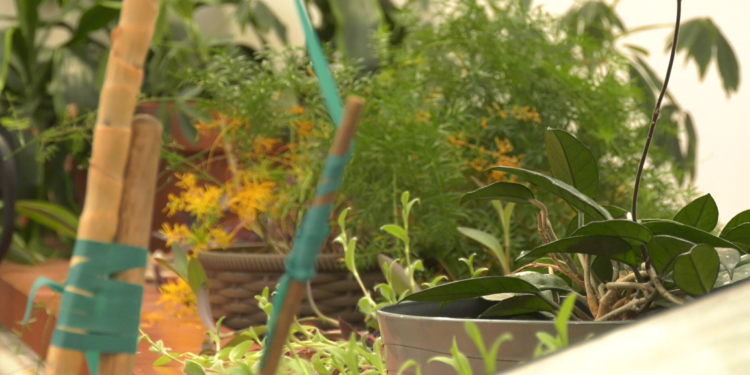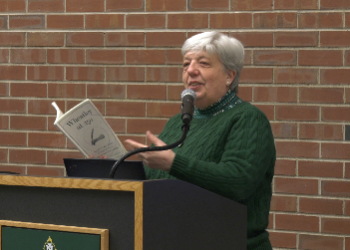MARQUETTE, Mich. (WZMQ) – The end of the fall semester is right around the corner for students and faculty, which has a tendency to add stress from finals and the upcoming holidays to the end-of-the-year lists. One popular avenue of combating negative stress is through the use of agriculture.
According to the National Library of Science, studies have shown that having plants indoors can have a positive effect on stress and productivity and even lower blood pressure. Northern Michigan University Psychology Professor Dr. Jon Barch, noted that even just staring at a picture of nature can increase your immune cells and decrease stress levels.
“What’s happening underneath…It’s giving you more heart rate variability, more relaxation, and less cortisol…all of that stuff is good for you cause you have the opposite of that and you get heart disease and heart attacks…nature reduces the build-up of negative experiences in our daily lives,” explained Dr. Barch.
Dr. Barch notes that even though bigger populated areas like Chicago or New York may seem exciting, the street lights, cars, and even the smell can have an impact on stress.
“They’re just tiny pieces that our brain has to go should I be worried about that? All of that is somewhat exhausting to your attentional system, whereas your attentional system is more relaxed when you get out of that which is why people go camping people go for hikes,” continued Dr. Barch.
Research has shown that we have an instinctive comfort when surrounded by nature. Dr. Barch explained that nature is not just visually pleasing, but physiologically beneficial as well.
Uniquely, in Japanese culture, as Dr. Barch refers to, medical proffessionals will actually prescribe what is called Shinrin-yoku, a type of “forest bathing”. The NMU Psychologist said medical professionals tell patients to “go take a hike, that’s what they suggest to do and they have certified nature bathing facilities that they will send people who are experiencing stress and burnout”.
NMU has various study rooms like one in Weston Hall (pictured below), filled with plants aimed to benefit the students while studying. Dr. Barch prescribes the UP as one of the best locations to get those benefits, “In terms of the Nature aspect, I couldn’t think of a better place to live,” continued Dr. Barch.


Click here to learn how indoor agriculture can benefit your daily routine and take advantage of growing indoor plants this winter season.
Click here to learn more about the Japanese practice of Shinrin-yoku and the impact it has had on stress.










